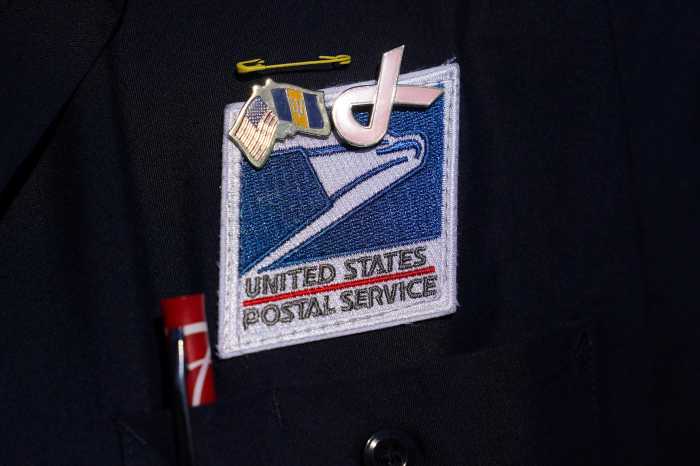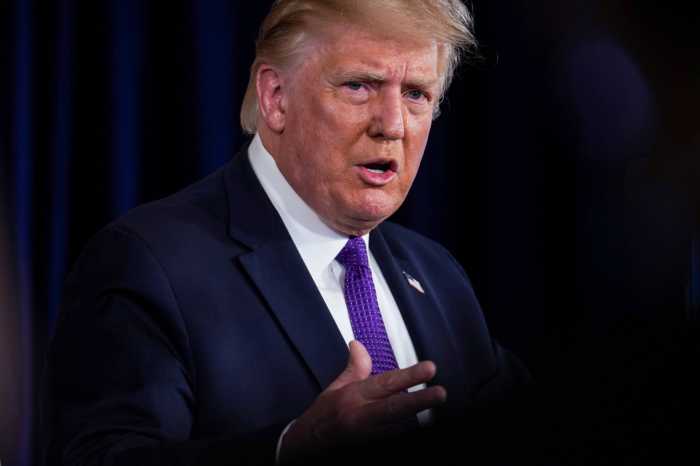The sprint to confirm Amy Coney Barrett to become President Donald Trump’s third conservative appointee to the U.S. Supreme Court begins in earnest on Tuesday as the jurist meets with lawmakers at the U.S. Capitol, starting with Republican Senate Majority Leader Mitch McConnell.
Barrett will meet McConnell in the morning in what will be a day packed with informal visits, part of a long-standing tradition leading into multi-day confirmation hearings set to begin on Oct. 12.
Barrett is also scheduled on Tuesday to meet Senate Judiciary Committee Chairman Lindsey Graham at 5:30 p.m. EDT (2130 GMT), as well as other Republican Judiciary Committee members, including Senators Chuck Grassley, Mike Lee and Mike Crapo.
Public hearings for a high court nominee are a highly anticipated event.
The nominee will face questions about her judicial philosophy and approach to the law. Barrett, 48, previously sat for a hearing when she was appointed by Trump to the Chicago-based 7th U.S. Circuit Court of Appeals in 2017.
If Barrett is confirmed by the Senate, as expected, she would further tilt the court to the right, entrenching a 6-3 conservative majority.
Democrats are fiercely opposing Barrett, who would replace Justice Ruth Bader Ginsburg, a champion of gender equality and other liberal causes. She died on Sept. 18 at age 87.
Democrats argue the vacancy should be filled after the next president is chosen on Nov. 3, a view shared by a majority of Americans, according to recent national polls. Trump’s Republican allies, who hold a 53-47 majority in the Senate, have vowed to follow a compressed timeline to confirm her before then.
Graham has said that his committee will likely vote on the nomination on Oct. 22, setting up a final vote on the Senate floor by the end of the month.
Democratic opposition to Barrett has so far been focused on her possible role as a deciding vote in a case set for argument at the Supreme Court on Nov. 10 in which Trump and fellow Republicans are asking the justices to strike down the Obamacare health law known formally as the Affordable Care Act.
As a federal appellate judge, Barrett has proven reliably conservative, voting in favor of one of Trump’s hard-line immigration policies and showing support for expansive gun rights.
Abortion rights groups said Barrett’s addition to the court could jeopardize the landmark 1973 ruling that made abortion legal nationwide.
Democrats are likely to seek a pledge from Barrett that she would recuse herself if election-related issues reach the court next month.



























